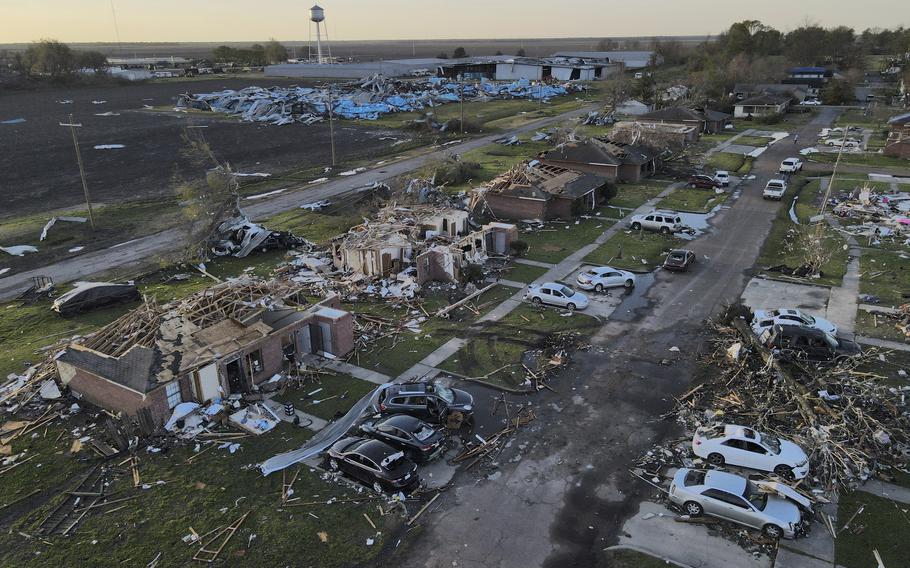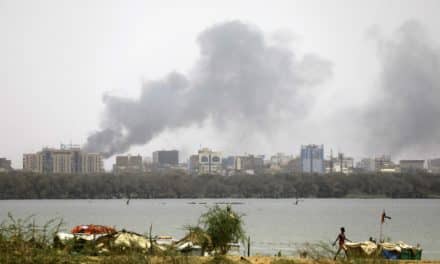In Rolling Fork, Mississippi, Jermaine Wells and his wife survived a tornado that destroyed their home, leaving them struggling to pay for daily expenses and long-term recovery. The disaster has hit the economically challenged region, where many people work in agriculture and live paycheck to paycheck. The majority-Black Delta region is one of the poorest in Mississippi, with Sharkey and Humphreys counties experiencing poverty rates of 35% and 33%, respectively.
People in poverty are particularly vulnerable after disasters because they often lack the financial resources and connections to provide long-term shelter. Rev. Starsky Wilson, president and CEO of Children’s Defense Fund, emphasized the importance of policymakers paying attention to those often unseen due to their poverty, race, or rural location.

The Mississippi Emergency Management Agency reported 21 deaths due to the tornado, with 313 structures destroyed and over 1,000 affected. FEMA has provided temporary housing and assistance for some uninsured losses but does not cover all disaster-related expenses. Long-term recovery relies heavily on money from Housing and Urban Development, which may not be readily available. Efforts have been made to reduce barriers for vulnerable communities to access FEMA assistance, but disaster recovery remains a challenge in the tornado-stricken area.
Source: stripes.com




